Definition | |
Broad and Integrative Knowledge | Mastery of the core concepts, principles, and methods in arts and humanities, the social and behavioral sciences, and the mathematical, physical, and life sciences. |
Requirements Adopted 10/19/2007; modified 04/19/2013; 04/19/2024
Domain | Minimum requirements |
Humanistic and Artistic Ways of Knowing | 6 credits |
Social and Behavioral Ways of Knowing | 6 credits |
Scientific and Mathematical Ways of Knowing | 3 credits |
Courses that meet BIK requirements
Learning outcomes - Adopted 11/16/2007
Arts and Humanities
IU Northwest graduates will:
- articulate how intellectual traditions from diverse parts of the world shape present cultures.
- demonstrate an understanding of a broad range of significant literary, philosophical, historical, linguistic, or religious works and approaches.
- demonstrate an understanding of how the fine, performing or creative arts contribute to many aspects of human experience.
Social and Behavioral Sciences
IU Northwest graduates will:
- explain the methods of inquiry used by social or behavioral scientists.
- explain behavior using social or behavioral science theories and concepts.
- explain the factors that influence how different societies organize themselves or how individual differences influence various spheres of human activity.
Mathematical,Physical and Life Sciences
IU Northwest graduates will:
- use mathematical models such as formulas, graphs, tables to draw inferences.
- represent mathematical information symbolically, visually, numerically, and verbally.
- use arithmetic, algebraic, geometric, logical, and/or statistical methods to model real world problems.
- recognize and understand how scientific theories are formulated, tested, and validated.
- approach problems using scientific methods, which include: defining parameters of problem, seeking relevant information, subjecting proposed solutions to rigorous testing, and drawing conclusions based on the process.
A course that would fulfill one of the BIK domains must be approved by the originating curriculum committee and the General Education Committee, which will convey its recommendation to the Office of Academic Affairs for implementation. An appropriate unit would submit a syllabus for the course, which would include the outcomes of a certain domain of BIK. In addition, the syllabus would outline course embedded assessment tools used to measure the appropriate outcomes. The unit would provide a plan for how the assessment information will be used for improvement in the course and how they will share that information. It is expected that the units would adjust their existing BIK / Distribution requirements to comply with the campus general education program.


